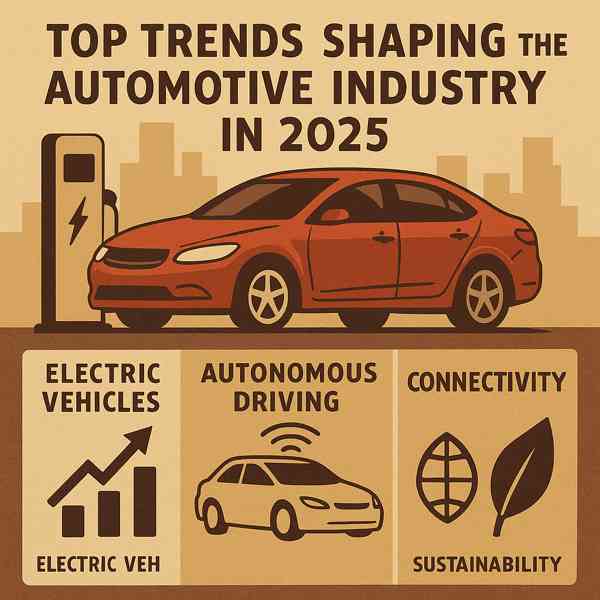Your Guide to Electric Vehicles
Your Guide to Electric Vehicles
Blog Article

With zero emissions and cutting-edge technology, EVs are quickly becoming a future standard for personal and commercial travel.
From compact cars and SUVs to trucks and motorcycles, EVs are available in more models than ever.
The Basics of Electric Vehicles
Unlike gasoline-powered cars, EVs produce cleaner transportation outcomes.
Main elements of an electric vehicle:
- Drives the wheels using electricity
- Battery pack
- Power electronics
- Connects to home or public chargers
Electric vehicles come in various types, such as hybrid electric vehicles (HEVs)—each with different levels of electrification.
Why Choose an EV?
The rise of electric vehicles is fueled by their clear advantages.
Why EVs are gaining popularity:
- Lower operating costs
- Helps fight climate change
- Quiet and smooth ride
- Rebates and subsidies in many regions
For eco-conscious and cost-aware drivers, electric vehicles are an increasingly smart choice.
Limitations to Consider
Understanding the limitations of electric vehicles will help you make an informed decision.
Common concerns include:
- Limited driving range
- Longer trips need planning
- Higher initial cost
- Replacement can be costly without warranty
As technology advances and infrastructure improves, many of these challenges are becoming more acceptable.
Exploring EV Variants
Not all electric vehicles are the same.
Main types of EVs include:
- Run only on electricity
- Electric motor with backup gasoline engine
- Hybrid Electric Vehicles (HEVs)
- Use hydrogen to generate electricity
Each type has its pros and cons, so buyers should evaluate their needs.
Understanding Charging Options
Charging an electric vehicle is simple once you understand your options.
How EVs get recharged:
- Level 1 Charging
- 240V outlet at home or public stations
- Can charge 80% in under an hour
- Wireless or inductive charging (emerging tech)
As public read more charging networks expand, EV owners will enjoy even more support and reliability.
The Future of Electric Vehicles
As governments push for cleaner energy and manufacturers invest in innovation, the future of EVs looks unavoidable.
Trends shaping the future include:
- Higher energy density and faster charging
- Using EVs to support the power grid
- The future of hands-free travel
- Expansion of affordable EV models
As innovation continues, EVs will become more mainstream and essential.
Final Thoughts on Electric Vehicles
Electric vehicles represent a major shift in how we think about energy use.
From environmental benefits to cutting-edge tech, electric vehicles offer a sustainable alternative to traditional cars.
Report this page